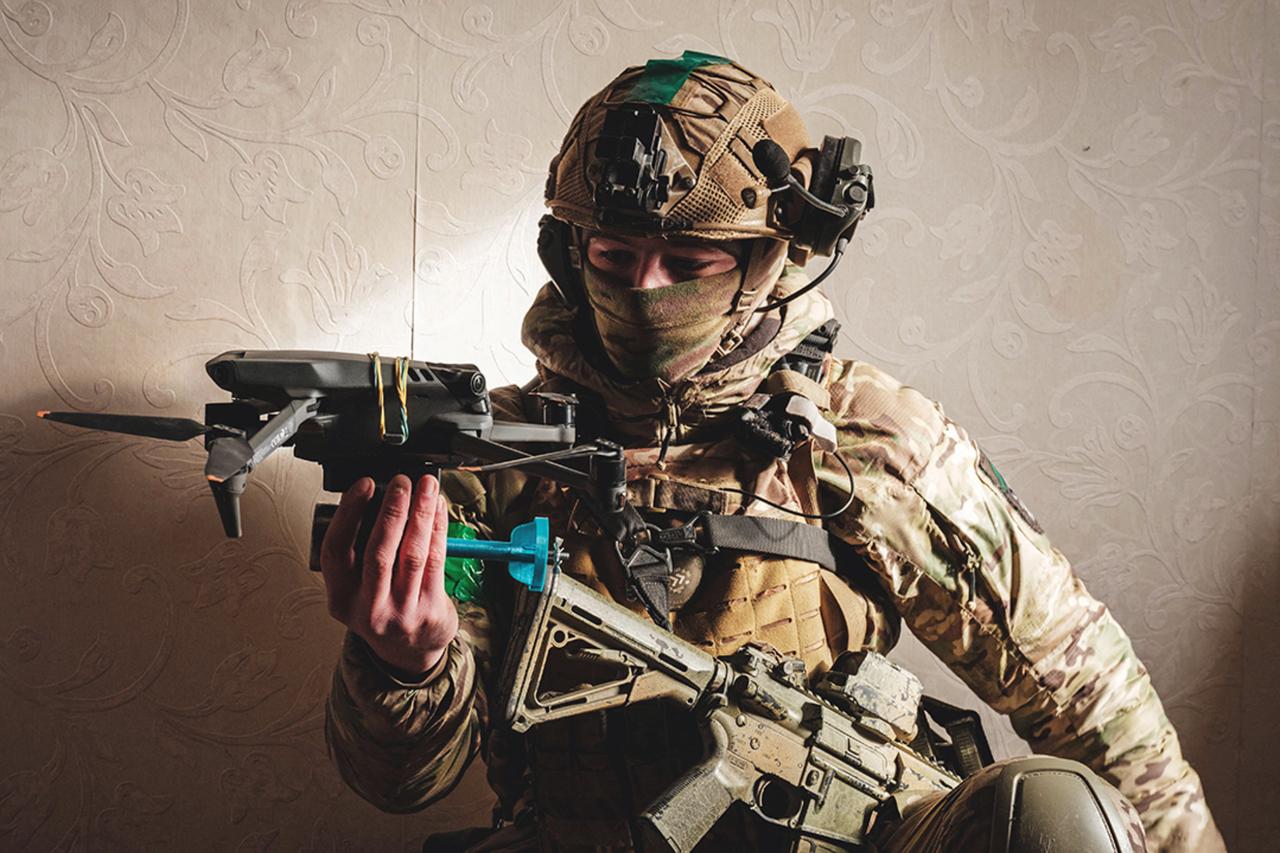
Ukraine's battlefield innovations, particularly FPV drones, are fundamentally changing military doctrines worldwide, but bureaucratic obstacles prevent rapid mass production, Türkiye's well-known drone maker Haluk Bayraktar, the CEO of Baykar said at Defense Tech Valley 2025 in Lviv, Ukraine.
"Ukraine's FPV and other field-driven innovations are changing defense doctrines," Bayraktar said.
"The real game-changer is carrying these innovations to mass production quickly by overcoming bureaucratic obstacles," he added.
Bayraktar, whose company has grown from five people to become the world's largest armed drone manufacturer, emphasized that Türkiye's success in raising defense localization from 15% to 80% came through the "National Technology Initiative" that prioritizes education, entrepreneurship and streamlined bureaucracy.
Bayraktar praised Ukrainian innovators as "the real heroes who are working behind the front lines innovating and developing for their own country to save their own nation," expressing "deep admiration and respect" for their efforts.
However, he identified a critical problem: "There are great innovations that Ukrainian companies like you here are doing. Great innovations. But these innovations they don't turn into mass production."
"No one would guess before the war in Ukraine that FPVs, such small multicopters, would become the essential elements of protection of the front lines. No one would guess that," he said.
"But the concepts evolved in such a way, and this didn't happen through a top-down approach. This didn't happen through your ministries or end users defining this is my requirement and come up with a solution. This came as a bottom-up approach," Bayraktar added.
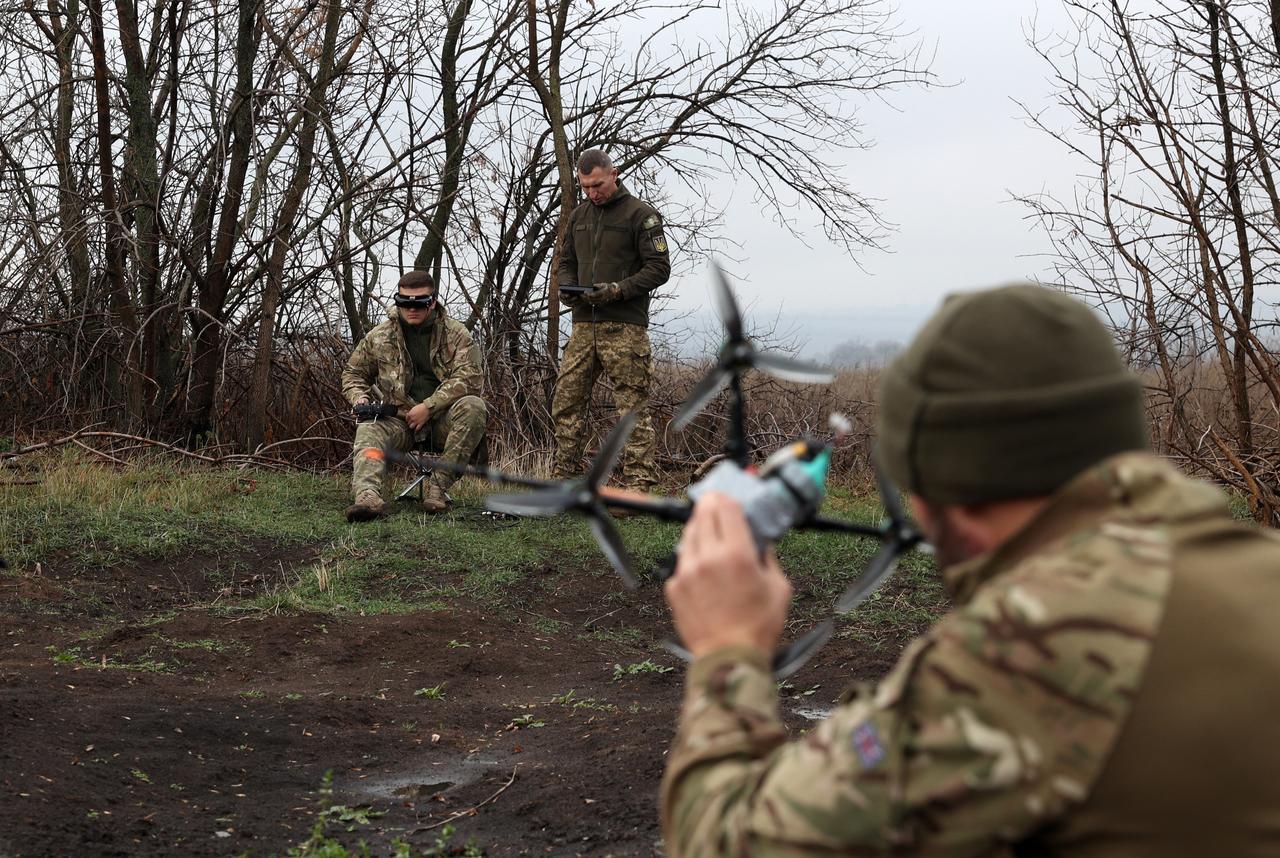
Bayraktar illustrated the economics driving FPV adoption with a stark comparison, explaining, "You have the artillery shell 155 mm. The cost is around $2,500. And then you have an FPV drone where the price is about maximum $1,000."
He explained the tactical advantages by stating, "The one on the left is ballistic. It has a trajectory. The one on the right has a smart camera, has an AI auto-detecting feature. You can create any route you like and the distance is almost similar to the artillery shell and it is widely available. It can be assembled anywhere. You don't need a howitzer to launch it."
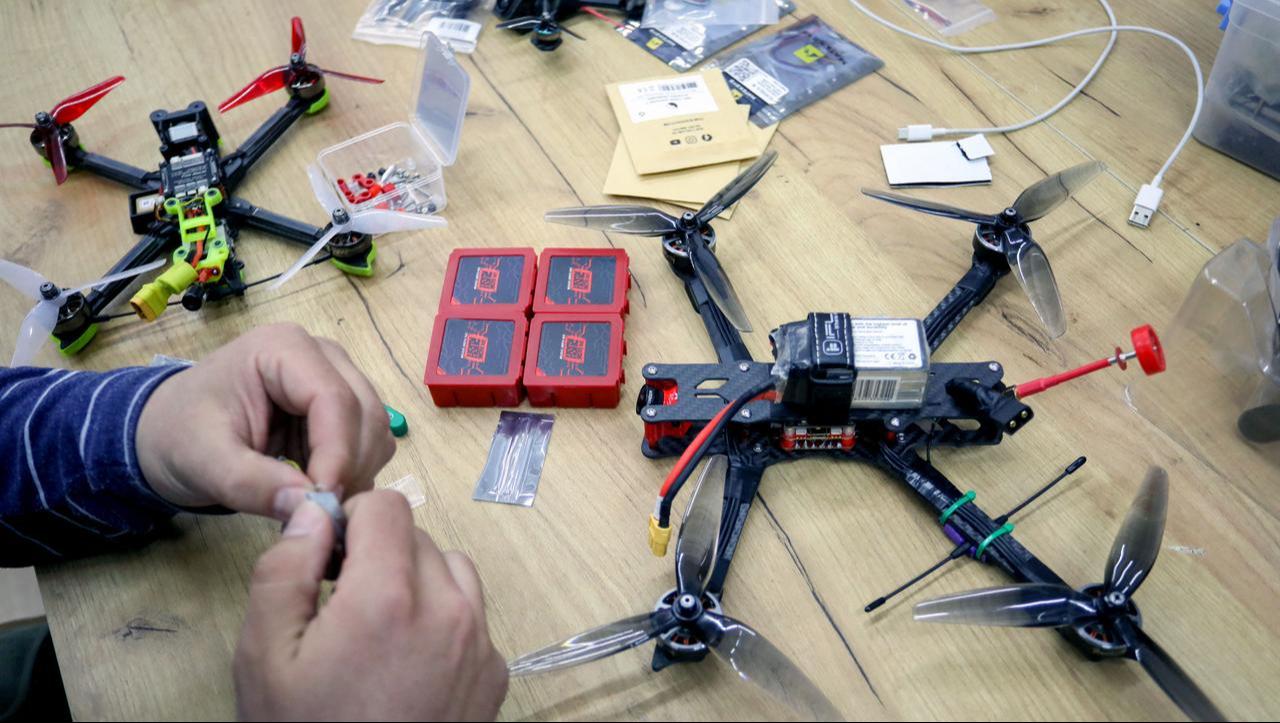
Bayraktar warned that Ukraine's old Soviet-era defense regulations are hampering innovation, noting, "There are old Soviet era style rules in the country. This should be fully eliminated with such entrepreneurs like you."
"I see many companies coming to me. I'm talking with them. They are planning to move outside of Ukraine just to ramp up their production," he revealed.
"There needs to be in the country a big defense reform with such innovations because if we want a strong base in Ukraine for defense industry, it will happen through innovators like you and it will happen if your paths are open, if you don't have obstructions in front of you," Bayraktar added.
He stressed that startups don't need favors by stating, "No one is asking to do a favor. I am sure none of you is asking for a favor. You just need a natural path in front of you to come up and to create this mass manufacturing basis for your technologies."
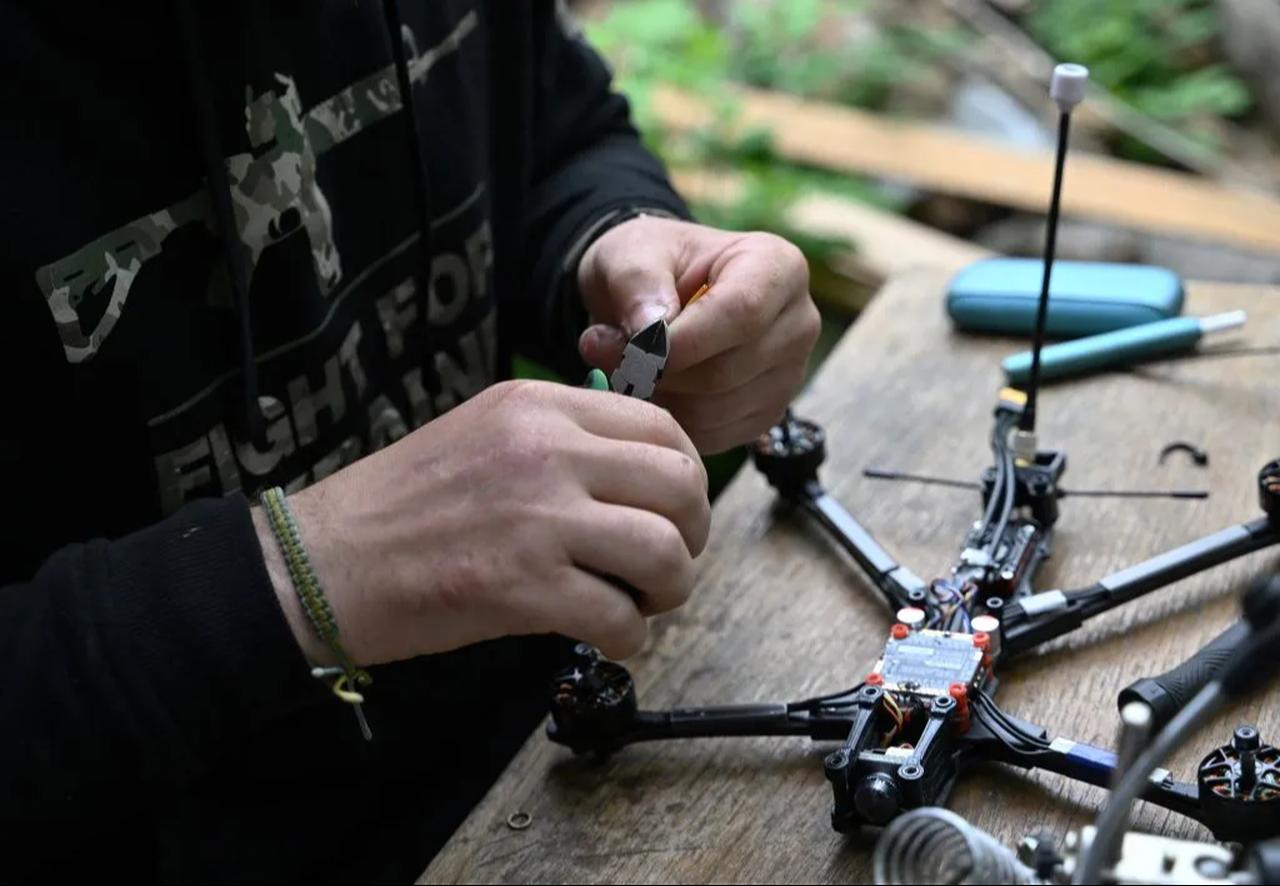
Bayraktar detailed Baykar's continued investment in Ukraine during wartime, revealing that the company rejected $16 million in crowdfunded donations from Lithuania, Poland and Ukraine for TB2 drones, instead supplying them free and directing the funds to humanitarian purposes.
"We didn't accept any single dollar of these donations, but we rather guided these donations for Ukraine to be used for humanitarian purposes. We would supply you all these drones free of charge, but use that funds to buy yourself other things that would benefit the country," he said.
He acknowledged the human cost by adding, "Some of our pilots whom we trained, they became martyr in this war."
Bayraktar outlined Türkiye's defense industry transformation as a model, saying, "Twenty years back Türkiye was doing 15% local production, now we are doing about 80%. It was just 17 defense companies in Türkiye 20 years back. Now it's more than 3,000 companies from big size to medium size to small size."
"The only reason this is created, there is a governmental structure that is supporting it. The startups, they don't need grants. They just need orders. They just need support from the end users for their technologies to be tested and then ordered," he explained.
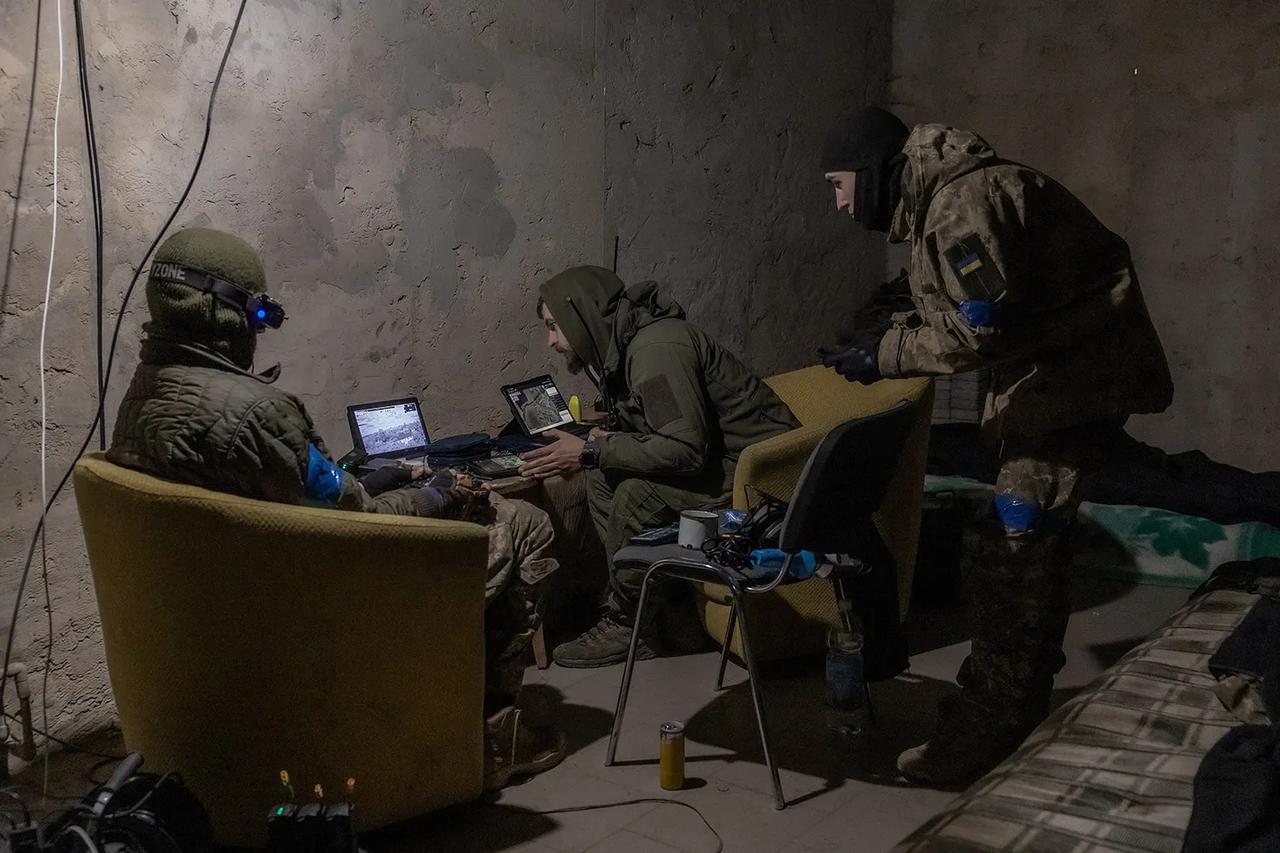
"Twenty-five years back we were around five young guys, it's a family-owned startup, five guys with a dream of innovating, with a dream of creating a national high-tech defense industry in Türkiye," Bayraktar told the audience.
"That dream starting with five persons became 7,500 people," he said.
He detailed Baykar's transformation by stating, "We were working on drones that were 5 kilograms in weight. Now we are working on drones on 10 tons of weight. So we became the world's biggest armed drone manufacturer and exporter in the world."
The company achieved $1.8 billion in exports last year, with 90% of revenues from exports to 37 countries, according to Haluk Bayraktar.
"In our lifetime we have never used government grants or any credits or any foreign funding," Bayraktar emphasized, noting the company's average employee age is 29 years old.
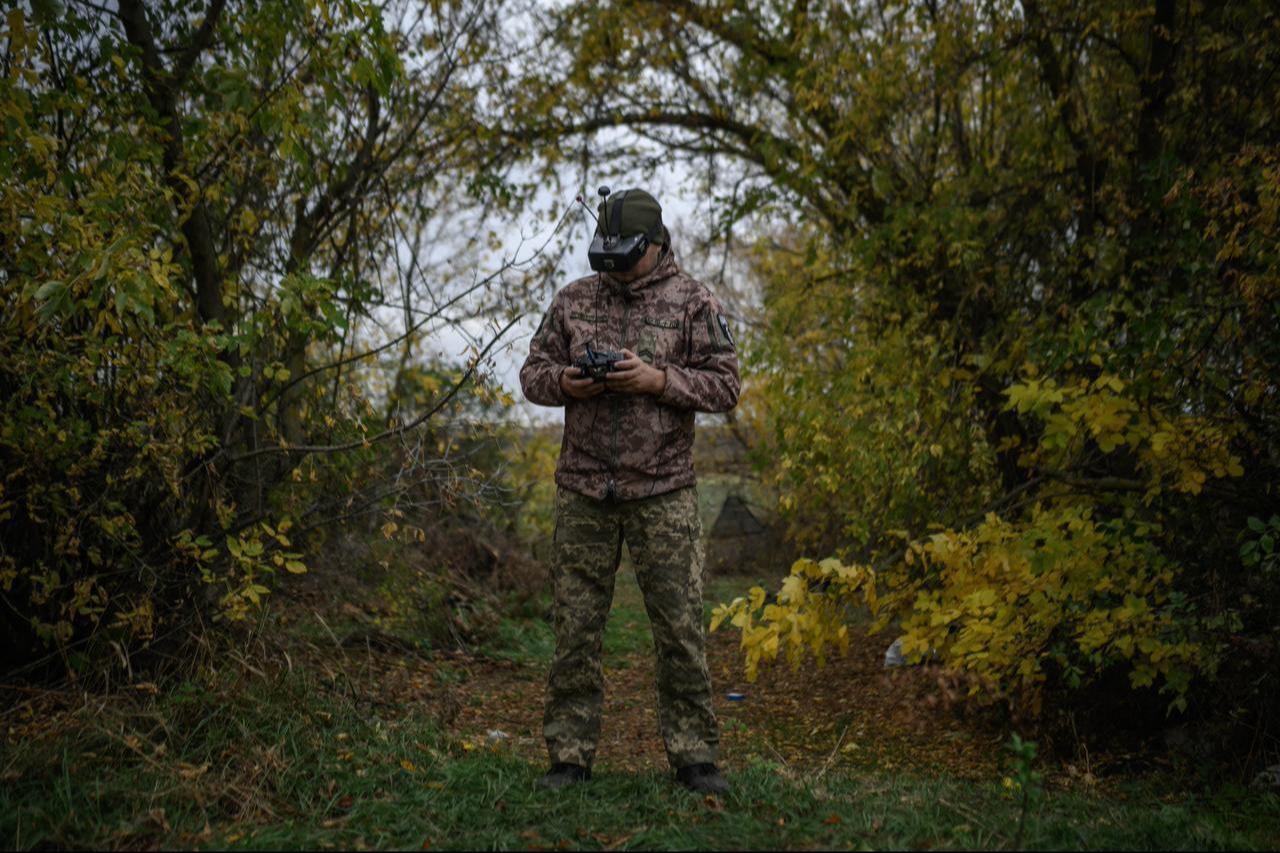
"Conventional systems such as tanks, they really lost their attractiveness because they became really easy targets and it's really very hard to protect these high value assets against such low cost and very high-end autonomous technologies," Bayraktar observed.
"The war in Ukraine showed that very clearly and showed how fast the technology can adapt to real needs," he added.
He noted that Baykar is now manufacturing loitering munitions and "small mini cruise missiles" inspired by Ukrainian innovations, along with electronic warfare pods developed by Türkiye's Aselsan in line with Ukrainian field requirements.
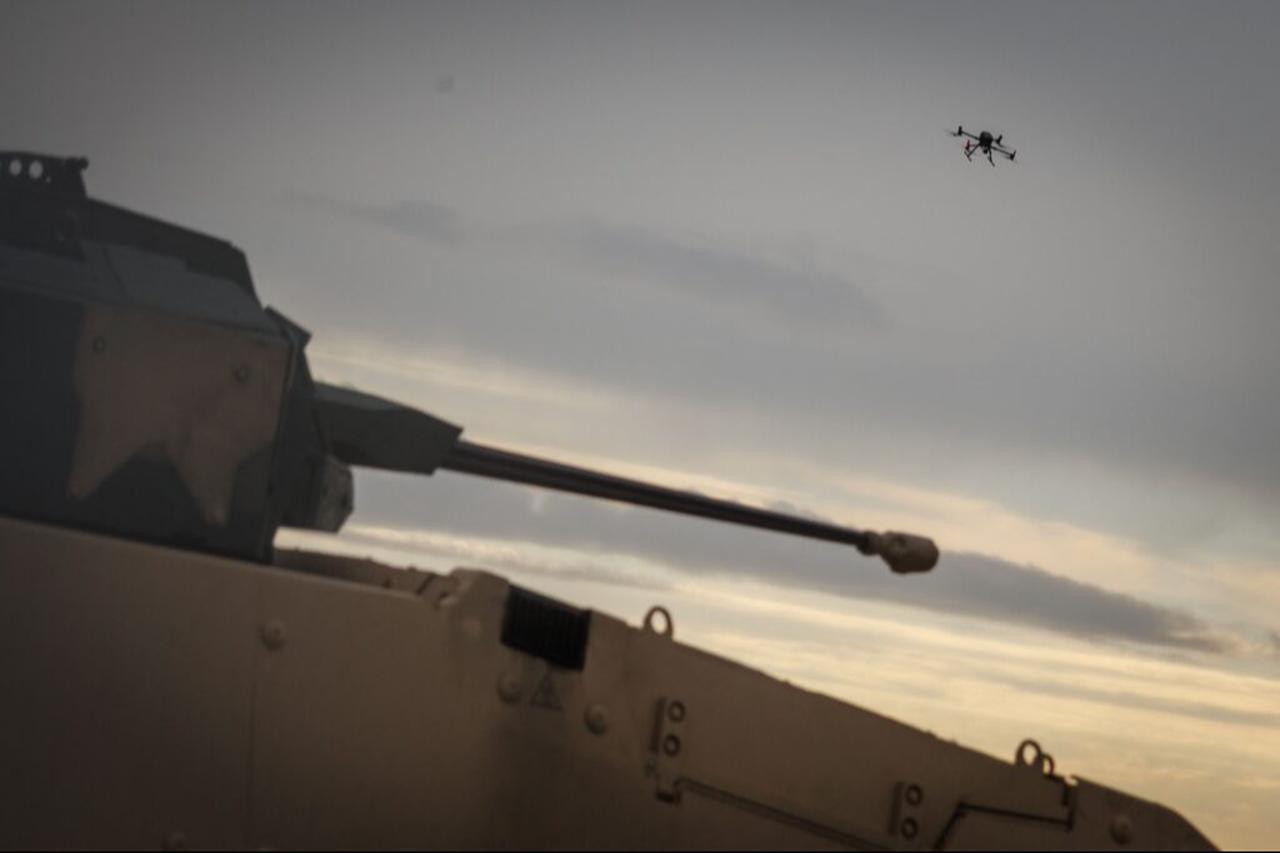
Addressing brain drain concerns, Bayraktar emphasized motivating young generations to stay in their countries, by saying, "They don't need to get their educations and then okay, I would love to move to the west for a job. No, they should stay in their country to support their country as you do right now."
He referenced Teknofest, which he described as "the world's biggest aerospace and technology festival," with an expected 3 million physical visitors and 1.1 million competition applicants across 63 different competitions.
"I am sure and I have no doubt there will be such big-scale companies arising from you guys here," Bayraktar concluded, expressing confidence in Ukrainian innovators' potential to create major defense companies despite current challenges.